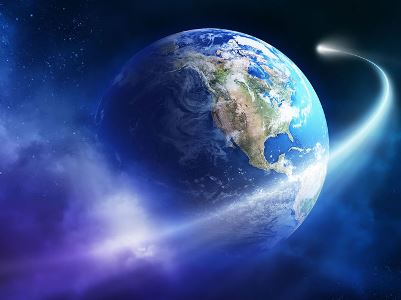For the first time, mouse embryos were grown in space
 Space exploration poses unprecedented challenges, especially regarding the viability of life beyond Earth. In 2021, Japanese researchers grew mouse embryos in microgravity on the International Space Station. This is reported by Новая наука.
Space exploration poses unprecedented challenges, especially regarding the viability of life beyond Earth. In 2021, Japanese researchers grew mouse embryos in microgravity on the International Space Station. This is reported by Новая наука.
The publication notes that the embryos developed normally, suggesting that mammalian reproduction may be viable in space. However, questions remain about the effects of radiation and other environmental factors.
With the intensification of spaceflight and the desire to fly to Mars, the question of the ability of life to develop outside of our atmosphere is becoming one of the central questions, especially in the matter of mammalian reproduction. In 2021, scientists at Yamanashi University, in collaboration with the Japan Aerospace Exploration Agency (JAXA), set out to investigate this question through a groundbreaking experiment.
They studied the development of mouse embryos in microgravity on the International Space Station. This research, recently published in the journal iScience, may shed new light on the prospects for human reproduction in space and its implications for future exploration of interstellar space.